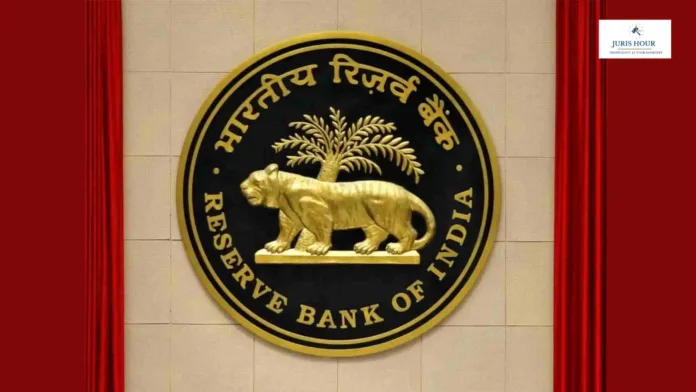In a significant development aimed at strengthening India’s digital payments infrastructure, the Reserve Bank of India (RBI) has officially notified the Payments Regulatory Board Regulations, 2025. The new regulatory framework, issued under the Payment and Settlement Systems Act, 2007, replaces the earlier 2008 regulations and came into effect on May 20, 2025.
What Is the Payments Regulatory Board Regulations, 2025?
The new regulation governs the structure, composition, and operational conduct of the Payments Regulatory Board (PRB) — the apex body responsible for overseeing and regulating India’s payment and settlement systems. It aims to enhance transparency, accountability, and security in the rapidly evolving fintech and digital payment sectors.
Key Highlights of the PRB Regulations 2025
- Board Composition and Expertise
The PRB will comprise members with proven integrity and expertise in payment systems, cybersecurity, information technology, and law. The Central Government will nominate members based on these qualifications. - Eligibility Criteria for Members
Individuals over 70 years of age, elected legislators, or those with insolvency or criminal convictions are ineligible for nomination. This ensures a high standard of governance. - Fixed Tenure and Non-Renewability
Members (except public servants) will serve a fixed term of four years, with no reappointment, ensuring a rotation of perspectives and minimizing conflicts of interest. - Mandatory Code of Conduct
All members must sign a confidentiality and integrity declaration and uphold ethical standards in line with public office expectations. - Regular Meetings and Decision-Making
The Board will meet at least twice annually, with quorum rules and voting procedures clearly outlined to maintain operational efficiency. - Support and Delegation
The Department of Payment and Settlement Systems (DPSS) of the RBI will assist the Board, which can delegate powers to sub-committees or RBI officers for efficient functioning. - Transparency and Confidentiality
Proceedings of the Board will remain confidential to safeguard sensitive financial information, while ensuring structured reporting and accountability.
Why This Matters
With the surge in UPI transactions, digital wallets, and fintech innovations, the new regulations serve as a cornerstone for secure and resilient payment systems in India. This regulatory clarity boosts investor confidence and ensures better governance across financial platforms.
Read More: Inside the Enforcement Directorate: Salaries, Perks, and Career Progression

